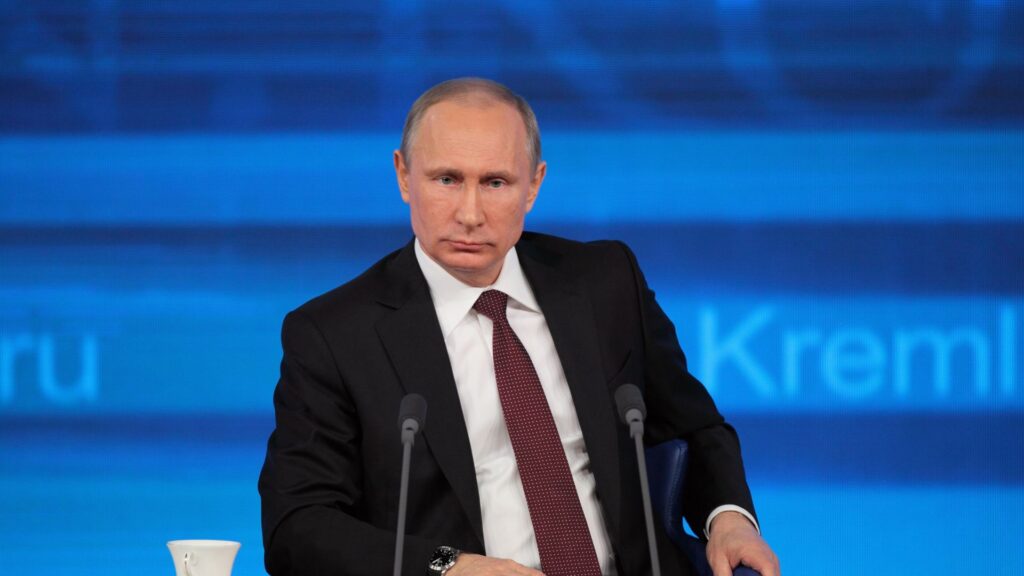One of the most unexpected effects of the ongoing Russia-Ukraine war has been the metamorphosis of the India-Russia partnership. While for many decades an unwavering commitment toward defense partnership stood as the strongest pillar of bilateral ties between the two nations, a booming energy trade with sanction-hit Russia offering heavily discounted oil has become the new avenue for boosting engagement. However, with supply chain issues mounting for Moscow and the oil trade expected to plateau in the coming months, what lies beyond arms and oil for the Indo-Russian relationship is a crucial question.
The Trade Tale
Russia has emerged as India’s fifth-largest trading partner. Last year, bilateral trade crossed the $30 billion per year trade target, set in 2016—a feat meant to be achieved only in 2025. A new target of $50 billion per year is now on the radar. The two countries engaged in several important meetings in March 2023, turning it into a milestone month for Indo-Russian ties.
While Moscow has been aiming at replacing the EU as its top export and import partner for some time, it has recently been highlighting a growing need to attract foreign investment as well to keep the Russian economy afloat. Moscow is currently looking to New Dehli as a priority trade partner to avoid overdependence on its “no limits friendship” with China.
The virtual meeting between the Indian Foreign Minister Jaishankar and the Russian Deputy Prime Minister Manturov in early March saw the two sides agree to address the persisting trade deficit and market access issues, boosting bilateral trade and economic relations. In a speech given in Chennai, the Russian Consul General for South India, Oleg N Avdeev, underlined that a shortage of information about Russia continues to affect mutual business opportunities for the two sides, stressing that these shortages are technical and can be addressed by increasing engagement between communities on both sides.
Moscow’s Strategy and Hi-Tech Collaboration
Besides strengthening trade in several areas, Moscow is now focusing on partnering with New Delhi in the hi-tech domain. As markets for Russian tech offerings and possibilities for tech imports from the West shrink, the Indian market might be considered an offset against an overwhelming influx of Chinese technologies in Russia.
At the Indo-Russian Business Forum, Russian companies showcase their offerings in areas like biometric facial recognition, augmented and virtual reality, educational technology solutions for corporate universities, biocomponents, high-performance data collection and storage systems, and cloud solutions.
India’s tech industry is estimated to grow at an impressive rate of 8.4% in 2023. As many multinational firms shift their bases from China, India is expected to become a technology and innovation hub. Allowing Moscow to benefit from their ties with India to compensate for the effects of the war on the Russian tech sector.
The “Shift East” policy
With the East-West global geopolitical balance transforming and the divide with the West deepening, Moscow has seemingly adopted a “Shift East” policy for enhanced engagement with Asian partners.
Moscow understands now that increasing people-to-people links with emerging trade partners will be significant. To bridge the gap, Russia is simplifying its visa regime and working toward the possibility of visa-free travel between partner countries. In January 2023, Russia launched the Golden Visa program, a residency program for foreign investors. Another example is the revised India-Russia bilateral air services agreement, which increased weekly flights between the two countries.
Russia’s “Shift East” also seeks to benefit from existing regional and multilateral partnerships such as the Shanghai Cooperation Organisation and the Eurasian Economic Union. For India, access to markets in Iran and the MENA (Middle East and North Africa) region opens up many new opportunities. In New Delhi’s calculations, an increasingly emergent Chinese monopoly in these markets can only be countered through a cooperative approach until domestic competitive capabilities are in place. For Moscow, India’s presence provides hedging options.
Trends in Defense and Energy Partnerships
In a rare disclosure, the Indian defense establishment recently remarked that Russia could not fulfill its commitments for vital defense supplies to India due to the ongoing war. India is aiming to develop stronger domestic industrial and technological capabilities after learning the significance of independence from the Russia-Ukraine war.
For Russia, this points to a downturn in its defense partnership with India, emerging from its inability to fulfill commitments, as well as the growing partnerships between India and the West, like with the Quad partners, France and Israel. With the energy trade becoming more transactional and having a greater potential for disruption, Moscow will want to cover the deficit emerging from the defense trade with India. As the oil trade plateaus and potentially starts slowing down, trade in other sectors will be needed to help the Indo-Russian partnership grow.
To this aim, cultural connection and hi-tech cooperation are crucial aspects for boosting ties, while Russia’s deft but swift multilateral maneuvering will also be geared towards bringing New Delhi closer.
[Tasheanna Williams edited this piece.]
The views expressed in this article are the author’s own and do not necessarily reflect Fair Observer’s editorial policy.
The post Beyond Defense and Energy: The Future of India-Russia Partnership appeared first on Fair Observer.
from World News - Independent, Nonprofit Media https://ift.tt/ZYwrkJ3 https://ift.tt/cWpOika






0 Comments
Online Latest Bangla News, Article - Sports, Crime, Entertainment, Business, Politics, Education, Opinion, Lifestyle, Photo, Video, Travel, National, World.
Emoji